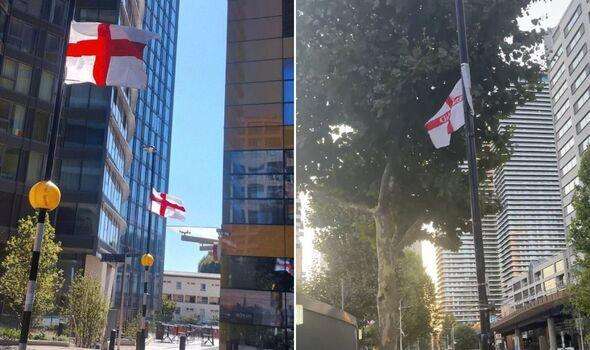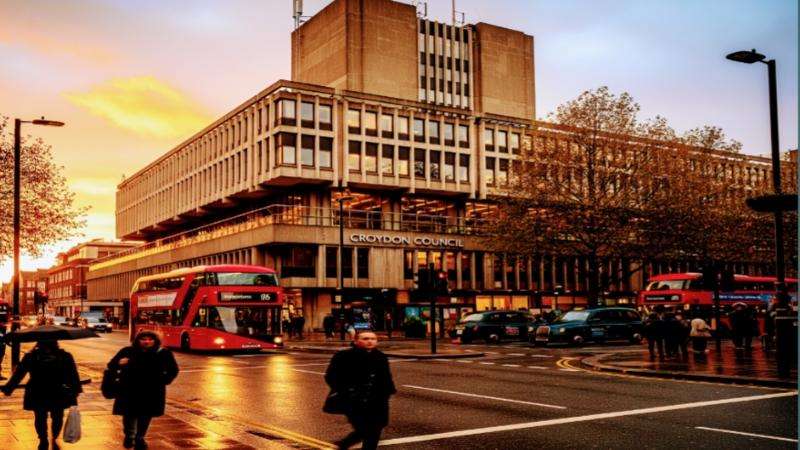Croydon Council is facing a wave of criticism following the launch of a new mental health program targeting ethnic minority communities, despite the borough’s severe and escalating financial crisis. The initiative offers "culturally sensitive counselling" to residents from Black Caribbean, African, Asian, and mixed-heritage backgrounds, a decision critics argue is a misuse of public funds as the council grapples with over £1.4 billion in debt, Daily Dazzling Dawn understands.
The new service, part of the council’s public health program, aims to break down existing barriers to mental health support by providing one-on-one or group sessions with specially-trained counsellors. These professionals are intended to be "more aware of cultural differences" and equipped to consider a person's "culture, ethnicity or faith." The council has partnered with several local community groups, including the Croydon BME Forum, Asian Resource Centre Croydon, Cassandra Centre, One Vision, Care To Listen, and Centre of Change, to deliver the sessions. The Asian Resource Centre, for example, is vital in providing culturally appropriate services that address the specific needs of communities like the British Bangladeshi population, which has a strong cultural presence in the borough but often faces unique challenges, including language barriers and a stigma around seeking psychological support. Dr. Andrew Brown, Director at Croydon BME Forum, notes that while more people are seeking mental health support, stigma remains a significant barrier for some.
Croydon's Executive Mayor, Jason Perry, has defended the scheme, asserting that it will "help even more people in Croydon to talk openly, without judgement." The council has clarified that the funding comes from a "ringfenced" public health budget, specifically designated for improving residents' health. A council spokesperson argued that such "preventative services" can provide early help, thereby reducing long-term costs and pressures on essential services.
However, the financial reality for Croydon is grim. Recent reports confirm the council’s general fund debt has reached approximately £1.4 billion, with projections suggesting it could surge to £1.9 billion by 2029. Servicing this debt is a massive financial burden, with an estimated cost of around £72 million for the 2025-2026 financial year alone.
The financial woes have led to unprecedented government intervention. Since 2020, the council has declared effective bankruptcy three times by issuing a Section 114 notice. Just to balance its budget for 2025-2026, the council required a £136 million emergency bailout from the government. This is in addition to the total of £553 million in exceptional financial support the council has received since March 2021. The government recently dispatched commissioners to take partial control of Croydon Council, citing "deepening financial instability." Mayor Perry has openly opposed this move, calling it "unfair" and "disproportionate."
John O'Connell, Chief Executive of the TaxPayers' Alliance, has been a vocal critic of the counselling scheme, arguing that cash-strapped councils should not "waste money on these projects." He emphasized that local politicians should instead focus funds on "essential services" and work towards tax cuts for families and businesses. This criticism is amplified by the fact that Croydon households collectively owe a staggering £90.8 million in unpaid Council Tax, the second-highest amount in London.
The new counselling service also follows a period of budget cuts to other mental health services. In 2022, the local mental health charity Mind in Croydon announced the closure of two key support services after a decision by the council to cut their funding.








.svg)
